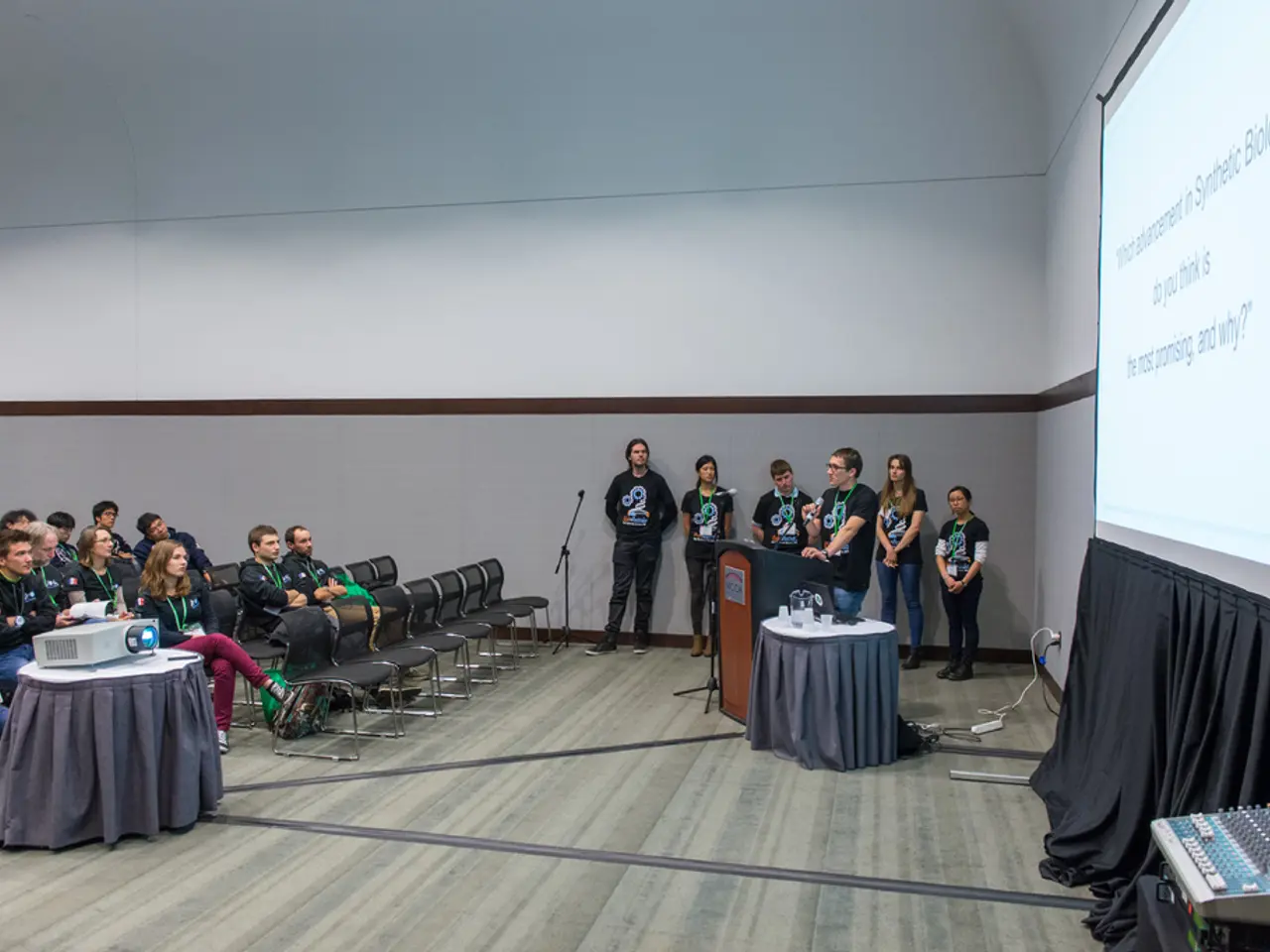Excessive involvement in political affairs hinders the church from effectively acting as a guardian against misconduct.
In a significant move, the Swiss Evangelical Alliance (SEA) chose to focus on the issue of Christian nationalism and its political implications during their 2025 national gathering. This decision was made in response to a growing concern that this ideology distorts Christian faith and threatens the Church's witness.
At the SEA’s annual Assembly of Delegates in May 2025, Jeff Fountain, a prominent speaker and former European director of Youth With a Mission, delivered a keynote address warning against the corruption of the gospel by Christian nationalism. Fountain argued that this ideology blends Christian identity with national identity, leading to a politicized Christianity that prioritizes power and cultural dominance over genuine discipleship.
The context for this discussion arises from global trends where Christian nationalism, especially noted in countries like the U.S. and parts of Europe, has become a rising political force. This ideology often seeks to restore or enforce a Judeo-Christian heritage in politics, sometimes to the detriment of democracy and social cohesion.
For Switzerland, a country with a historical Christian identity but a strong tradition of political neutrality, pluralism, and democratic values, this conversation is particularly pertinent. The SEA’s public discussions, such as “Holy Nation!? A critical examination of nationalist politics under Christian guise,” reflect a desire to critically examine how nationalism may threaten the unity and mission of the Church in Switzerland and beyond.
The SEA believes that as Christians, they have a healing contribution to make to society, and the key question is how Christians should exert influence. The state, with its coercive measures, is barred from this path, while the church, guided by the gospel, is barred from politics. Faith encourages turning to one's neighbor, not primarily fighting for one's own privileges.
The annual General Assembly will provide a space for debate on the theological implications of movements seeking radical political change using Christian language. The SEA board has decided to broaden this discussion due to concerns about the rise of 'political Christianity' and similar developments in Europe and Switzerland.
Despite the outsider situation, Christianity has often had a hopeful and creative impact on society from the margins. Personal encounters and sharing faith stories can foster relationships that withstand political differences. The means of politics are not legitimate for the church (and vice versa).
The rise of so-called Christian nationalism can be seen as a backlash against the 'woke' movement. However, the SEA remains committed to preserving the gospel’s integrity against political misuse and guiding Swiss Christians in navigating modern political challenges while honoring their historical Christian heritage without succumbing to exclusionary or politicized identities.
At the SEA's annual Assembly of Delegates in May 2025, the issue of 'political Christianity' and its theological implications during modern times was broadened for discussion. It follows the rising concern of the SEA about the impact of Christian nationalism on the Church's unity and mission, both in Switzerland and internationally.







